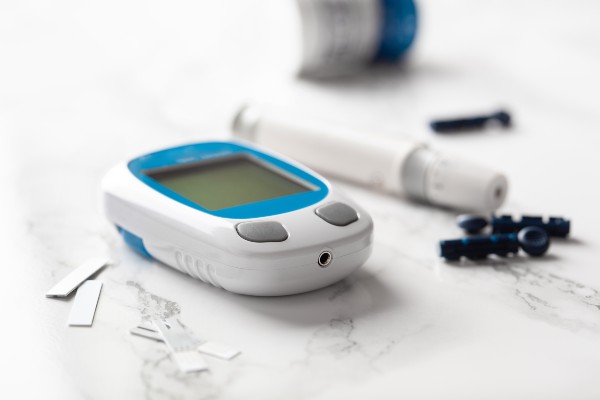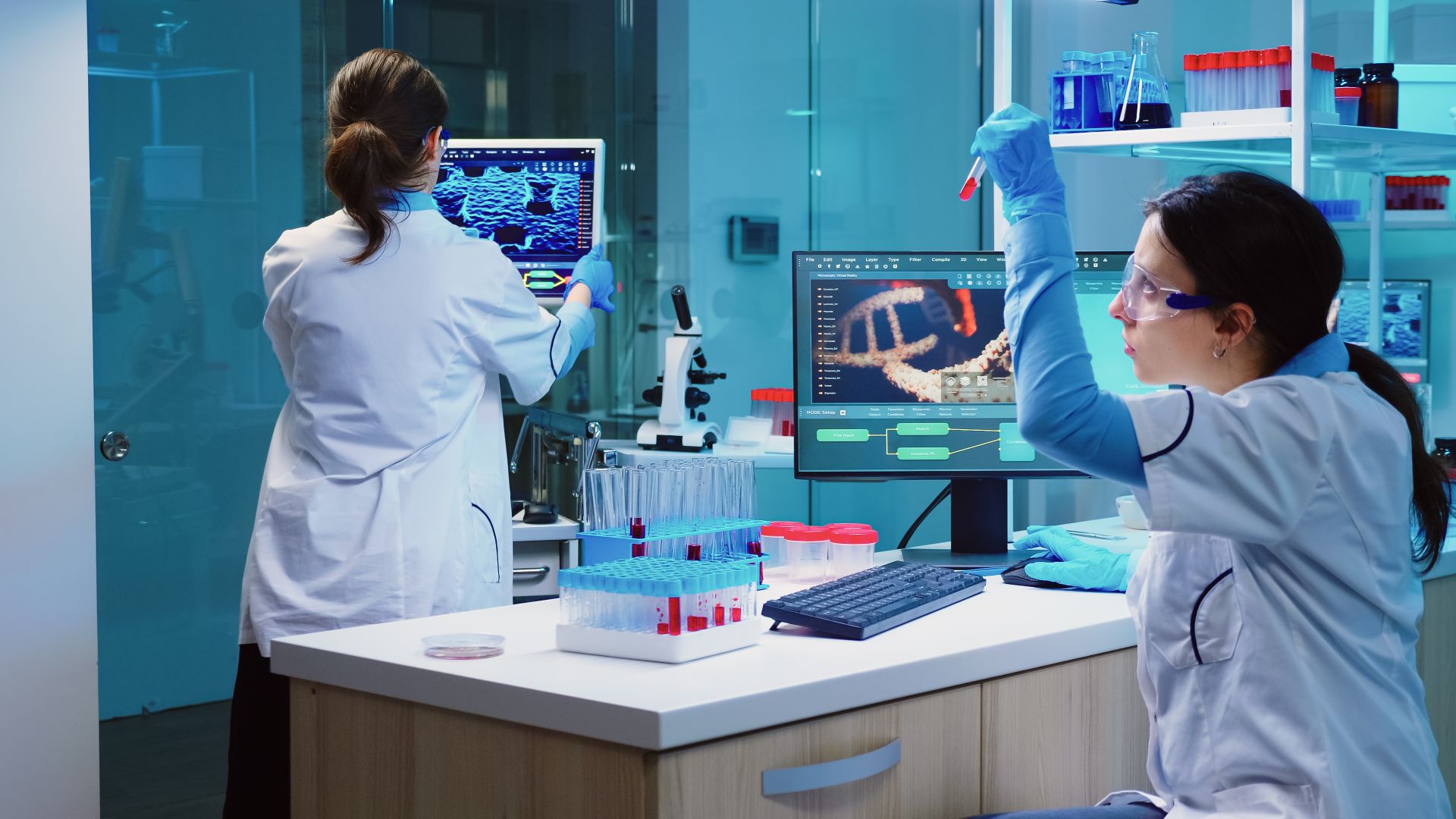Technology has revolutionized clinical research in several ways. Here are some of the most significant ways in which technology has impacted clinical research:
1. Electronic Data Capture (EDC)
Electronic Data Capture (EDC) is a technology that has transformed the way clinical trials are conducted. EDC allows researchers to collect, manage, and analyze clinical trial data electronically, eliminating the need for paper-based data collection. EDC has several advantages over traditional paper-based data collection, including improved data quality, increased efficiency, and reduced costs.

2. Wearable Devices
Wearable devices are another technology that has transformed clinical research. Wearable devices such as smartwatches and fitness trackers can collect data on a wide range of health parameters, including heart rate, blood pressure, and sleep patterns. This data can be used to monitor patients remotely, reducing the need for in-person visits and improving patient outcomes.
3. Artificial Intelligence (AI)
Artificial Intelligence (AI) is another technology that has the potential to transform clinical research. AI can be used to analyze large datasets quickly and accurately, identifying patterns and trends that would be difficult or impossible to detect manually. AI can also be used to develop predictive models that can help researchers identify patients who are at risk of developing certain conditions.
4. Telemedicine
Telemedicine is a technology that allows patients to receive medical care remotely. Telemedicine has several advantages over traditional in-person care, including increased convenience, reduced costs, and improved access to care. Telemedicine can also be used to monitor patients remotely, reducing the need for in-person visits and improving patient outcomes.
5. Blockchain
Blockchain is a technology that has the potential to transform clinical research by improving data security and privacy. Blockchain is a decentralized ledger that can be used to store and share data securely and transparently. Blockchain can be used to ensure that clinical trial data is tamper-proof and that patient privacy is protected.

Conclusion
Technology has transformed clinical research in several ways, improving the efficiency and accuracy of the process and enabling researchers to develop new treatments and therapies more quickly. As technology continues to evolve, it is likely that we will see even more significant advances in clinical research in the years to come.












0 Comments